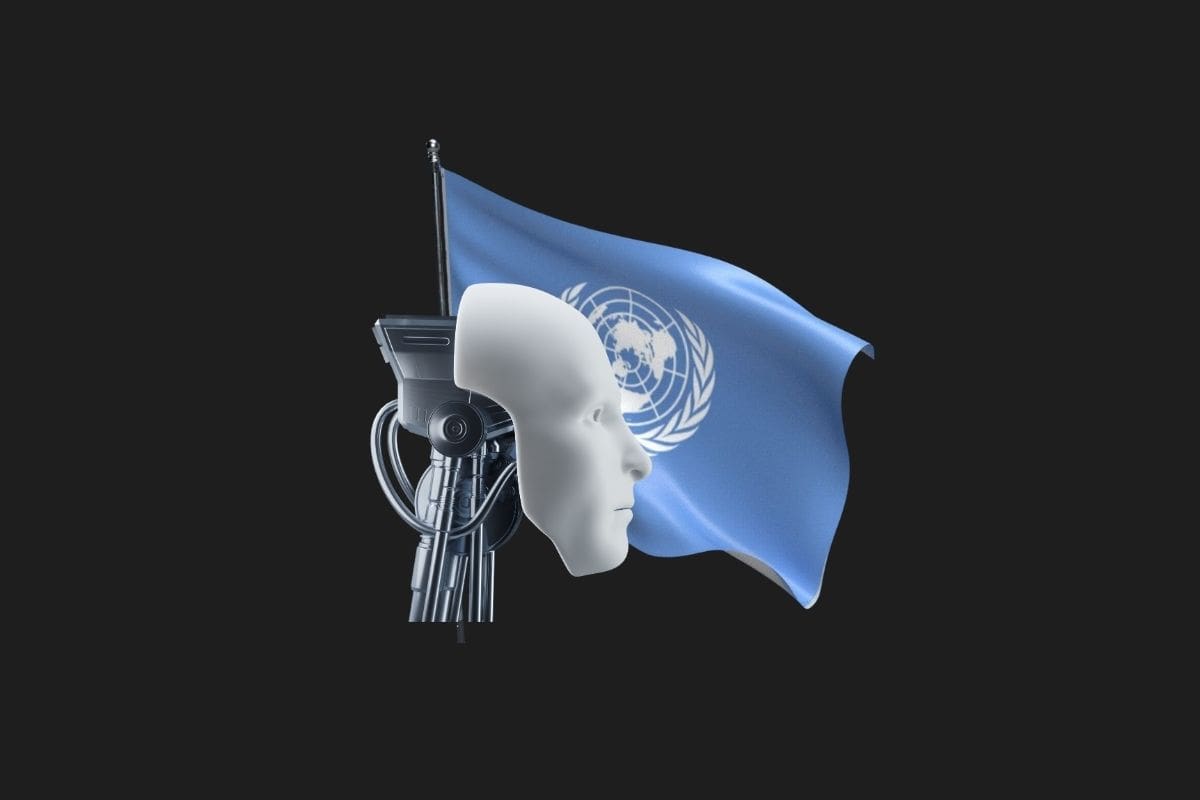The United Nations General Assembly has made a historic move by adopting a global resolution on artificial intelligence. This unprecedented development marks the first time such a resolution has been unanimously approved.
Initiated by the United States, the resolution calls on governments worldwide to oversee the development of artificial intelligence to mitigate potential risks. Although the resolution is not legally binding for countries, its significance lies in being the inaugural directive of its kind.
In a landmark statement regarding the resolution, Linda Thomas-Greenfield, the United States Ambassador to the United Nations, highlighted the united front of the international community. She remarked, “Today, all 193 members of the United Nations General Assembly spoke with one voice.
Together, we have decided to manage AI rather than allowing it to govern us.” This comment underscores the global consensus on the importance of regulating AI to ensure its responsible and ethical use.
The approved resolution refers to the risks of artificial intelligence
The resolution unanimously passed by the United Nations General Assembly underlines the potential risks associated with artificial intelligence.
It specifically notes that the malevolent development of artificial intelligence systems could endanger the protection of human rights and fundamental freedoms. In response, United Nations member states have committed to continually monitor the evolution of artificial intelligence to mitigate these risks. Additionally, countries are expected to enhance their privacy policies.
Although both the European Union and the United States have previously enacted regulations concerning artificial intelligence, there had been no such legislation under the auspices of the United Nations until now.
This marks the first occasion for a global initiative of this magnitude aimed at the governance of artificial intelligence. It will be interesting to observe the measures countries will implement following the artificial intelligence resolution passed by the United Nations after four months of negotiations.
